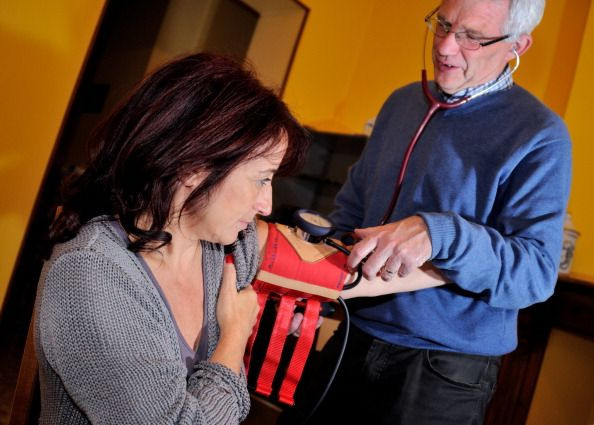Blood Pressure Medication Shortage 2019: Everything You Need To Know

Recalls for valsartan, irbesartan, losartan, and other brands of medication have created a shortage of blood pressure medicine for consumers.
The medications were recalled for cancer-causing impurities found over the last few months. These medications had higher than the allowable levels of N -Nitrosodimethylamine (NDMA) and N-Nitrosodiethylamine (NDEA), which has been classified as a probable human carcinogen.
NDEA and NDMA is an environmental contaminant found in water and foods such as meats, dairy products, and vegetables. According to the U.S. Food and Drug Administration (FDA), “their presence in drug products is not acceptable.”
The recalls on these medications have forced patients to seek alternative treatment, but the results of the recalls have created a shortage in the market. The FDA has said that is aware that there is a shortage of valsartan products with shortages on other blood pressure medications possibly coming soon.
The FDA is evaluating the acceptable levels of NDEA and NDMA to determine if an interim solution can be found. FDA said it is working to find a safe balance to limit the risk to patients with these medications.
The FDA reminds patients that take the affected medications to continue taking them until they receive an alternative treatment plan for their condition. The risk of stopping the medication without alternative treatment could pose a higher risk than continuing to take the recalled medication.
“While the total exposure to these impurities for most patients was small, we are deeply concerned that patients were exposed to this impurity in the first place and that the presence of nitrosamines went undetected for a period of time,” the FDA said in a statement.
“The potential for the development of genotoxic impurities during manufacturing processes is an area of intense focus. We’ll continue to improve our science and standards for detecting and preventing these risks.”
Consumers with questions about the recalled medications can email the FDA at druginfo@fda.hhs.gov or call 855-543-3784. Adverse effects of the recalled medication can also be reported to the FDA’s MedWatch program online, by mail or by fax.
© Copyright IBTimes 2025. All rights reserved.





















